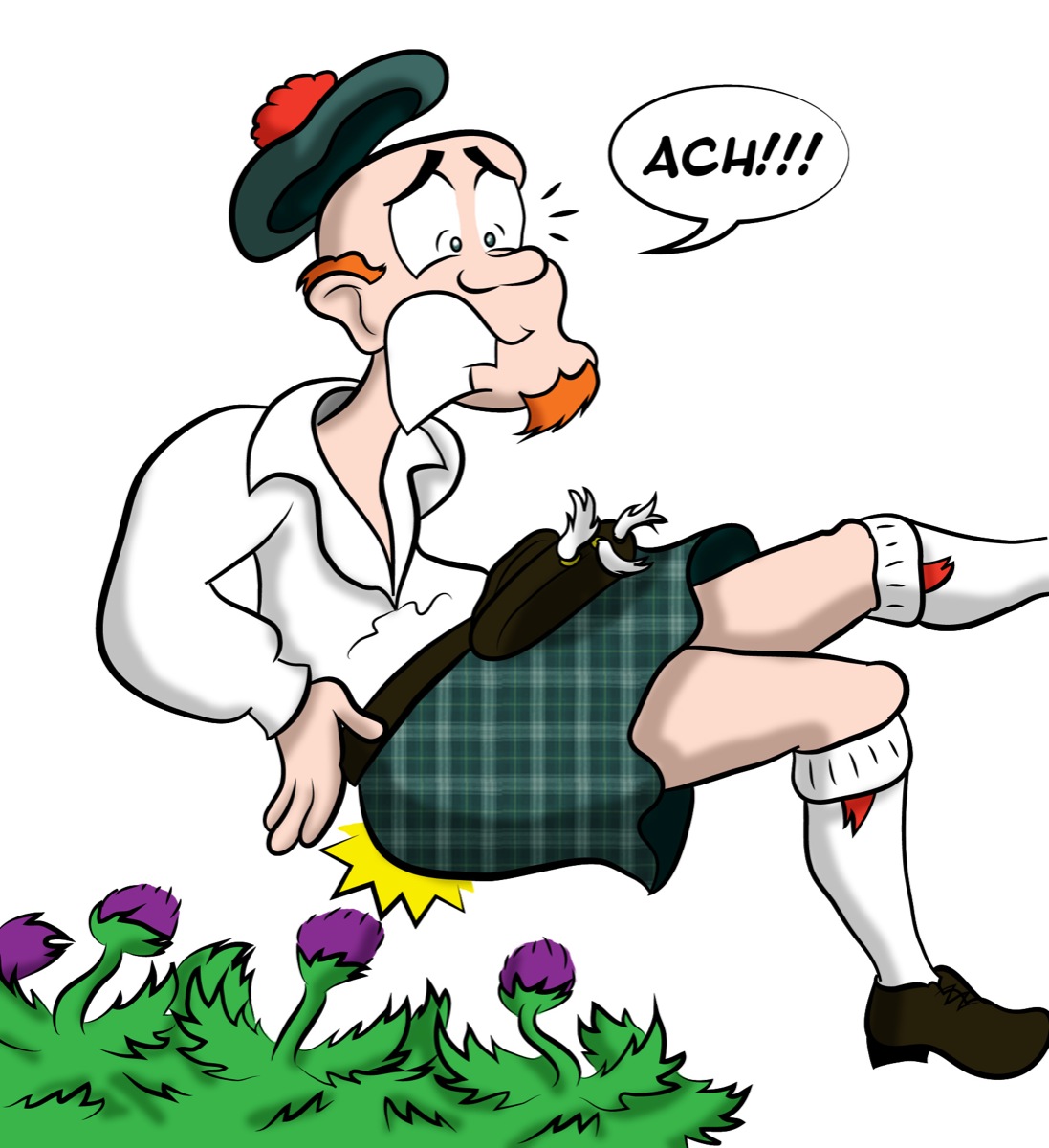 A historic referendum on the future of Scotland took place on Sept. 18, when Scots rejected the idea of forming their own country, opting to stay within the United Kingdom. In the end, the result wasn’t near the razor-thin result we in Canada are used to in sovereignty referenda; Scotland sent a clear message of displeasure to both 10 Downing Street and Buckingham Palace.
A historic referendum on the future of Scotland took place on Sept. 18, when Scots rejected the idea of forming their own country, opting to stay within the United Kingdom. In the end, the result wasn’t near the razor-thin result we in Canada are used to in sovereignty referenda; Scotland sent a clear message of displeasure to both 10 Downing Street and Buckingham Palace.
The victory of the “Better Together” campaign shouldn’t be viewed as a sign that Scots feel welcomed in the UK. While the campaign may have been about Scottish sovereignty, the ballot box question was an economic one, and Scots voted for the safer bet.
Sovereignty referenda are confusing for the general public because they bring about more questions than the campaigns have answers for. In Canada’s example, having gone through two questions of sovereignty in Quebec, the separatist side made bold claims about keeping the Canadian currency and entering into “sovereignty association” with the rest of Canada, both proposals stemming from an inability to answer the electorate concerns on these issues. Scotland was no different in that it proposed to keep the British pound as its currency, a proposal which England wasn’t prepared to entertain.
There’s no doubt that, had Scotland voted for independence, the British pound would have plummeted in the currency markets, and investors across Britain would be feeling the pain in their pocketbooks. If one is to believe, as I do, that the Scottish referendum was truly an economic question, then the “No” victory comes as no surprise. There are rich people in Scotland too, and many of them are heavily invested in the British market.
Political analysts were weary of making any predictions of how Scotland would vote, saying that the referendum was too close to call. The polls did show a race that was within the margin of error, but the pundits failed to factor in how the undecided would vote. Anyone who has taken a political science 101 course would know that undecided voters typically sway toward the status quo—in this case, giving the “No” campaign a much bigger lead in the polls than was reported by the media.
The one wildcard in the referendum was the youth vote. This was the first time youth as young as 16 were allowed to participate as members of the Scottish electorate, and polls indicated that the overwhelming majority of young Scots favoured independence, by a margin of nearly four to one. It seems Philip Larkin was right when he wrote: “People born after Braveheart voted yes, everyone else hates freedom.”
The youth vote wouldn’t be enough to turn the tide, however. The undecideds, perhaps reluctantly, voted for the safety of staying within the UK, despite Scotland not being given the same kind of attention from London as England.
Despite the failed referendum, Scotland did end up winning out. The British government has already agreed to devolve more powers to the Scottish Parliament, and perhaps a new federalist model will emerge in the UK. This was a wake-up call for Britain, and it might just spur a newfound sense of urgency from political leaders in London to share its vast wealth with Scotland, Wales, and Northern Ireland in a more equitable way.







